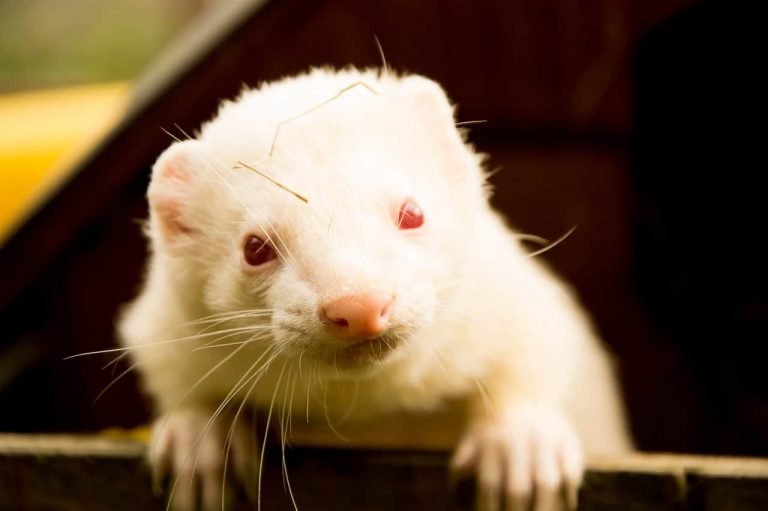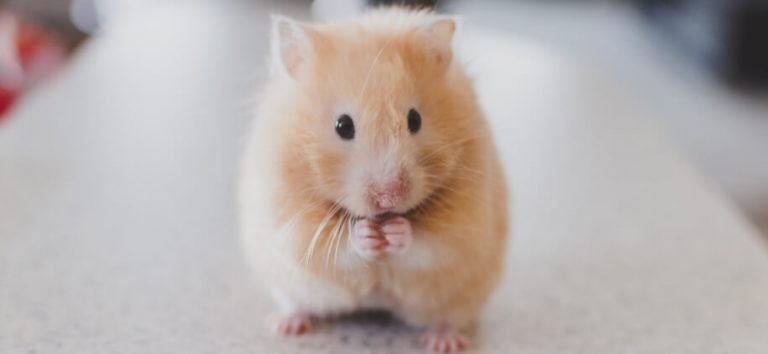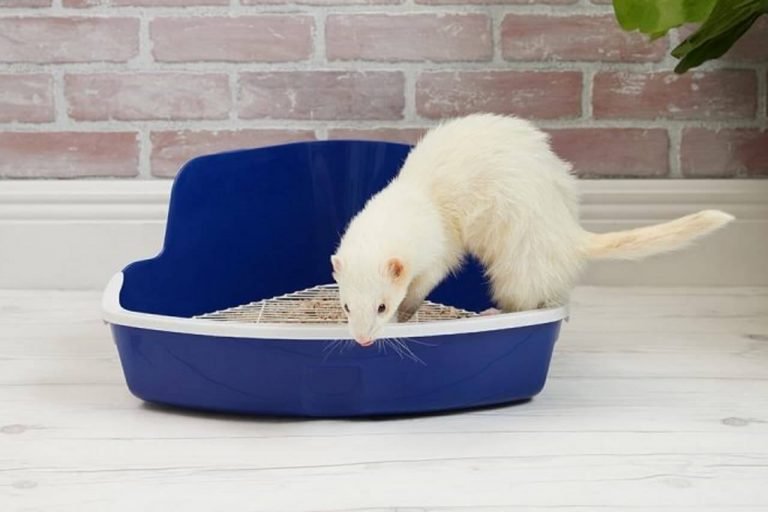Can Ferrets Eat Cat Food?
Thinking of feeding your ferret cat food? It’s a common question for ferret owners. Your pet’s health matters, so you want to get it right.
Ferrets are full of energy. They need the right food to stay healthy and happy. Ferret-specific food is usually the top choice. But sometimes, it’s just not easy to find where you live.
This can leave you looking for other options. Cat food often comes up as an idea. Is it safe for your furry friend? And what type of cat food is best? We’ll look closer at these questions.






